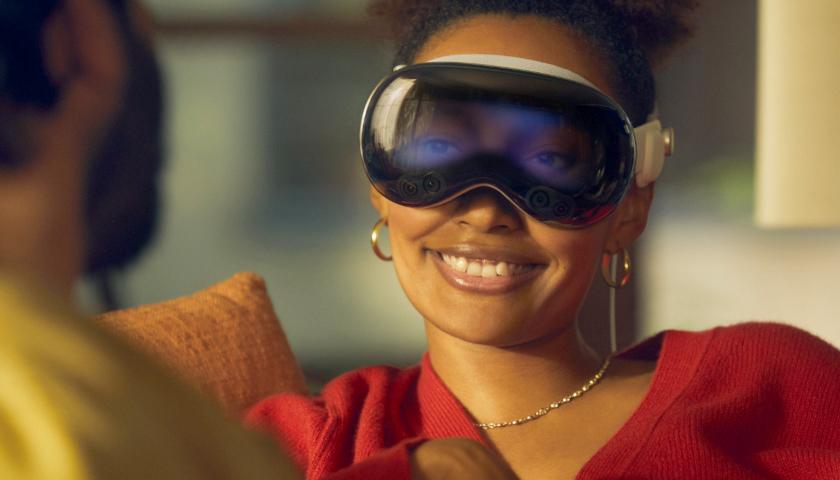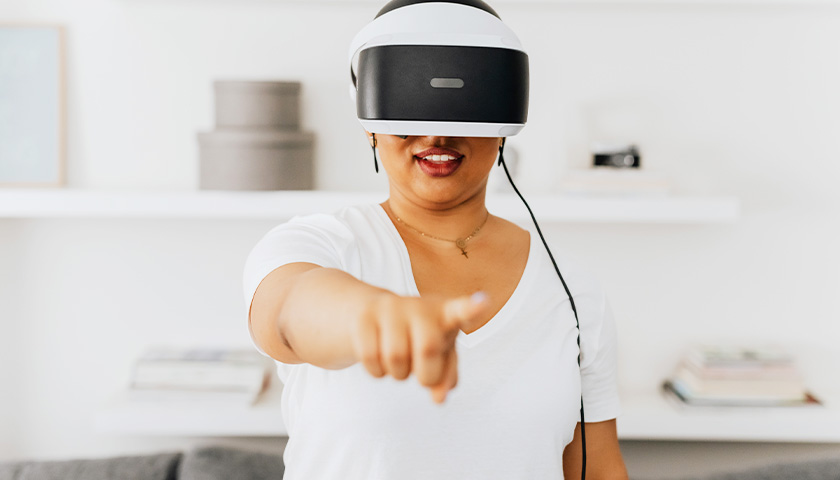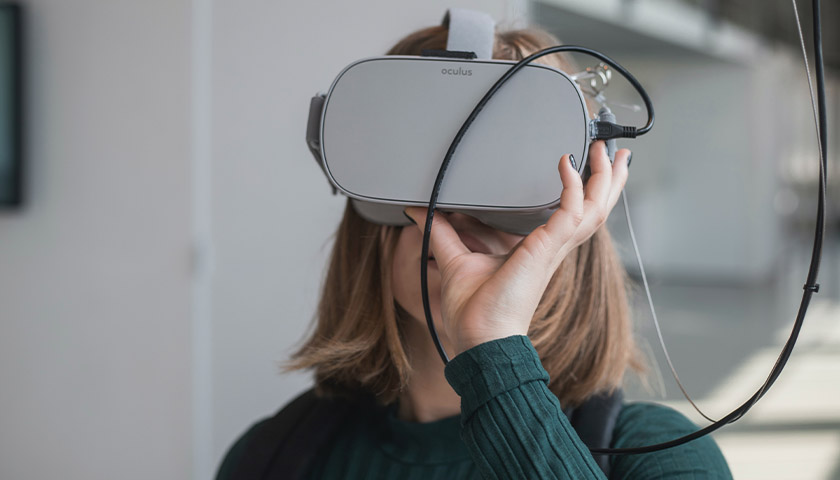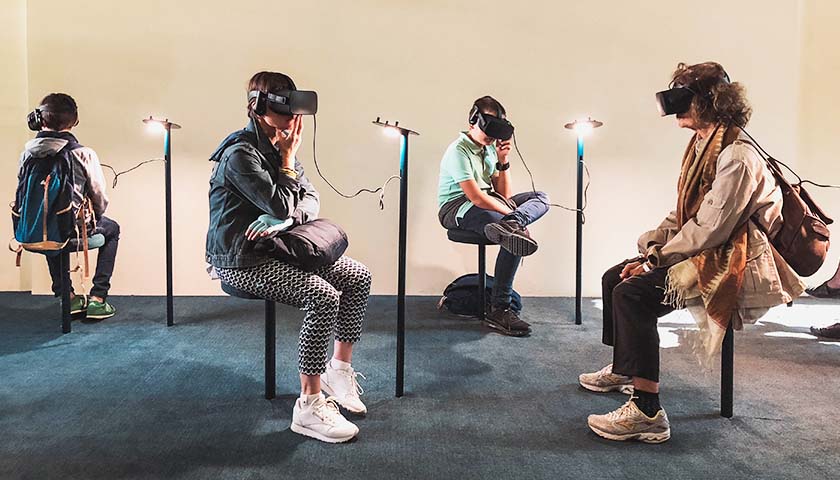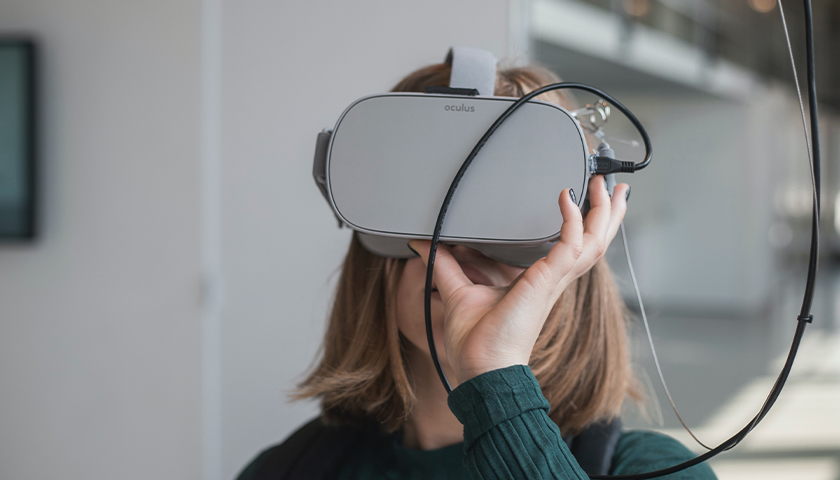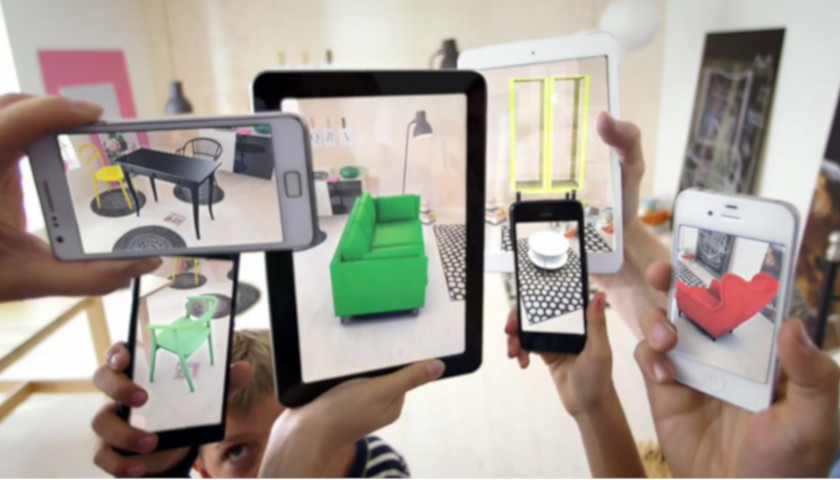Apple’s recent ad for a new, thinner iPad featured a hydraulic press smashing everything the new gadget could supposedly replace: paints, musical instruments, a clay bust, arcade cabinets, record players, books.
The new iPad promises a future in which humanity has forgotten the whisper of the brush over the canvas, the vibration of a guitar string, the joy of finding a note tucked into an old used book, and the easy camaraderie of children cheering each other on as they take turns at a challenging arcade game. The craftsmanship that went into these objects is now obsolete. You don’t have to go anywhere, touch anything.
Read the full story
